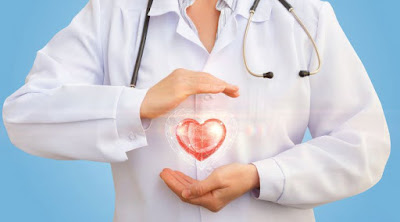Things To Know About Cardiology
It is the department of advanced treatment for people with heart ailments and disorders. Specialized professionals dealing with such medical conditions are called cardiologists and cardiac surgeons. A cardiac surgeon assists in heart surgery, whereas a cardiologist is skilled in the diagnosis and treatment of cardiac-related disorders. They perform several tests and proceed with reasonable procedures like installing heart catheters, angioplasty, angiography, insertion of a cardiac pacemaker.
What are the symptoms?
Heart disorders pertain precisely to the heart, while cardiovascular diseases impact not only the heart but also the blood vessels. Sign and symptoms that may lead to a heart problem encompass:
- Breathing difficulties
- Dizziness
- Sharp pain in the chest cavity
- Elevated heart rhythm
- Increased blood pressure
A cardiologist can traet the major heart disorders in Delhi heart hospital. A skilled cardiologist can help you with ailments such as:
- Atherosclerosis
- Congestive heart disorder
- Increased blood cholesterol and triglycerides
- Pericarditis
- Ventricular tachycardia
What are the treatments offered in Delhi heart hospitals?
- Electrocardiogram or ECG or EKG: The device keeps a record of the electrical activity of the heart muscle.
- Ambulatory Electrocardiogram: The device that keeps track of heart rates while the patient is in a state of activity or exercise. Tiny metallic electrodes that are attached to one's chest with the help of wire to do that.
- A stress test: This examination represents the accurate heart rate when the heart is in a resting state and even in the state of exercise. It helps evaluate the physical capability and shortcomings of the heart muscle.
- Echocardiogram: This test represents an ultrasound image that can show the chamber structure of the heart and its outlining areas. It is done to check how smoothly the heart muscle is functioning.
- Echocardiography: It is the measurement of the heart muscle's capability of pumping blood. It is used to detect any inflammation, abnormalities, and disorders such as pericarditis. It can even be utilized to prevent infections and ailments of the heart muscle valves.
- Cardiac catheters: It can be described as a tiny tubular structure placed near the heart muscle to alleviate the chances of blockage and check the data for functionality. It can even take images of the heart and its electrical network. It can be utilized to alleviate congenital cardiac, valve-related, and cardiac artery ailments.



Comments
Post a Comment